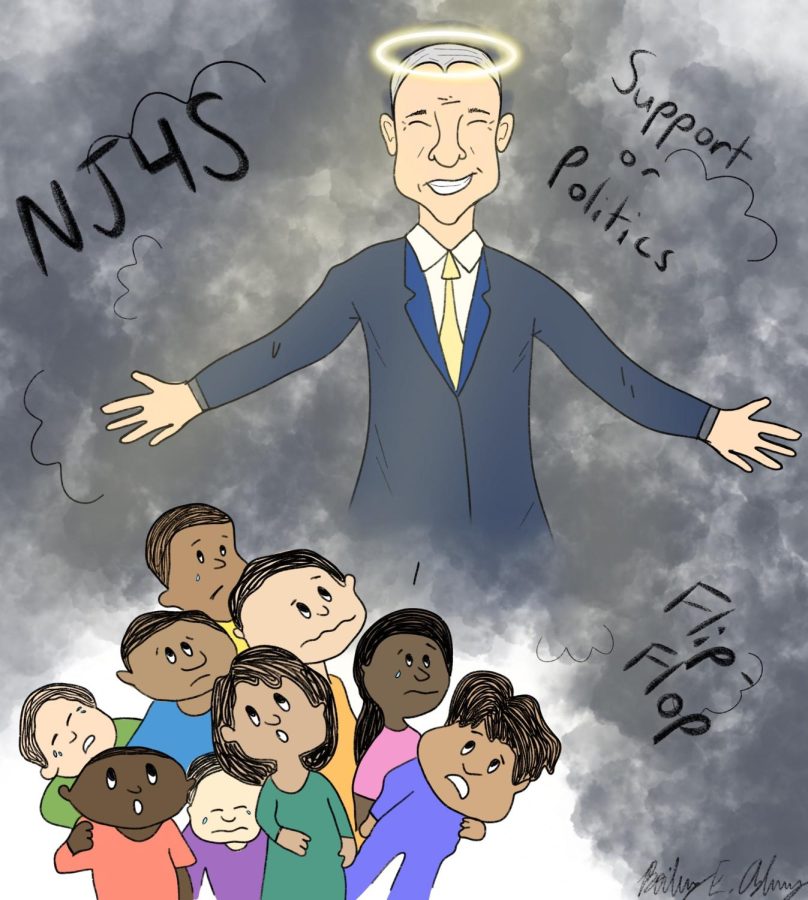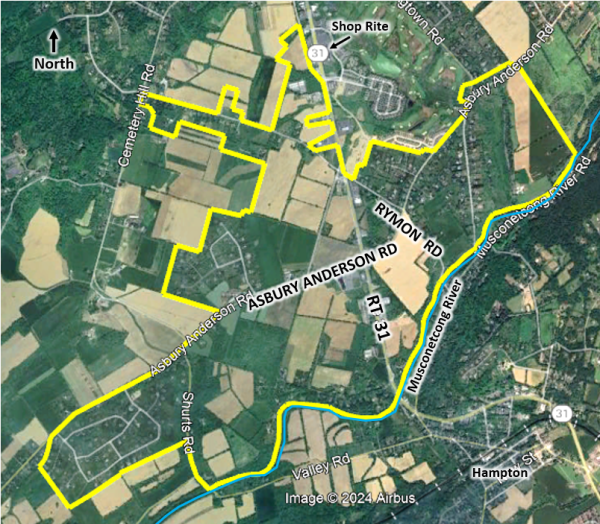Guv Eventually Saves School Mental Health Support
School Based Youth Services Program (SBYSP) is known to students as a safe haven at Warren Hills for those seeking recreation and mental health support, but recently, similar programs across New Jersey have been in jeopardy.
In October 2022, New Jersey announced a plan for the New Jersey Statewide Student Support Service Network (NJ4S). NJ4S, according to Gov. Phil Murphy’s administration, would create 15 “regional hubs” with the aim of offering mental health services to a wider range of students.
These 15 hubs would replace the 86 on-campus programs – including Warren Hills’ program – offered by SBYSP across 63 districts, explained Warren Hills SBYSP clinician Taylor Faust.
To do so, state officials planned to redirect grant money that schools traditionally received for SBYSP towards the creation of regional hubs for NJ4S.
Such hubs, lawmakers said, would “expand” the mental health programs by taking them out of individual schools and reinventing them for regional use.
By creating “a regionalized statewide network,” the Murphy administration argued that it could reach “all New Jersey school districts,” rather than just 63.
Sixty-three districts make up only 3.5% of the districts in the state. Thus, regional hubs open to multiple districts could expose the programs to hundreds of thousands of more students.
On the other hand, though “only 10 to 15 percent of the students we serve attend the counseling services,” said Faust, the on-campus services are nonetheless an important function of thorough and immediate mental health support in Warren Hills and other New Jersey high schools.
Opposed to NJ4S, many school officials, like Warren Hills Superintendent Earl C. Clymer III, say they understand Faust’s and others’ statements. They say that amidst the “youth mental health crisis,” as declared by the state, on-campus, conveniently located and easily accessible SBYSP offices are a priority.
Thus, under pressure from the districts with on-campus services, Murphy backed away from redirecting the funds and ultimately abandoned NJ4S altogether.
On April 3, Murphy signed a law allowing over 160 school districts to receive special infusions of extra state funds to avoid cuts on SBYSP. Together, the districts received $103 million in one-time aid, restoring two-thirds of the grant cuts.
“This will support our schools in continuing to offer high-quality instruction to students,” Murphy said in a statement.
Despite their changing positions on which programs to use, lawmakers insist youth mental health is a top concern.
On May 4, The Department of Children and Families Commissioner Christine Norbut Beyer testified before the Senate Budget and Appropriations Committee to address lingering concerns about NJ4S.
When asked by Democratic Sen. Teresa Ruiz of Essex County if this would be the last time the Murphy administration tries to cut school-based funding, Beyer said, “With the caveat of we want to continue to look at all of the quality of the services that are provided, yes.”
Ultimately, Beyer said, “we want the local advisory boards, the school districts, the students and the families that live in every district in the state to be able to determine what their needs are based on what’s happening in their community.” Her comments were interpreted as offering support for on-campus SBYSP.
“I look forward to continuing to work alongside educational stakeholders and legislative partners towards our shared goal,” Murphy said, “of ensuring every New Jersey child receives an education that will set them up for a bright future.”






